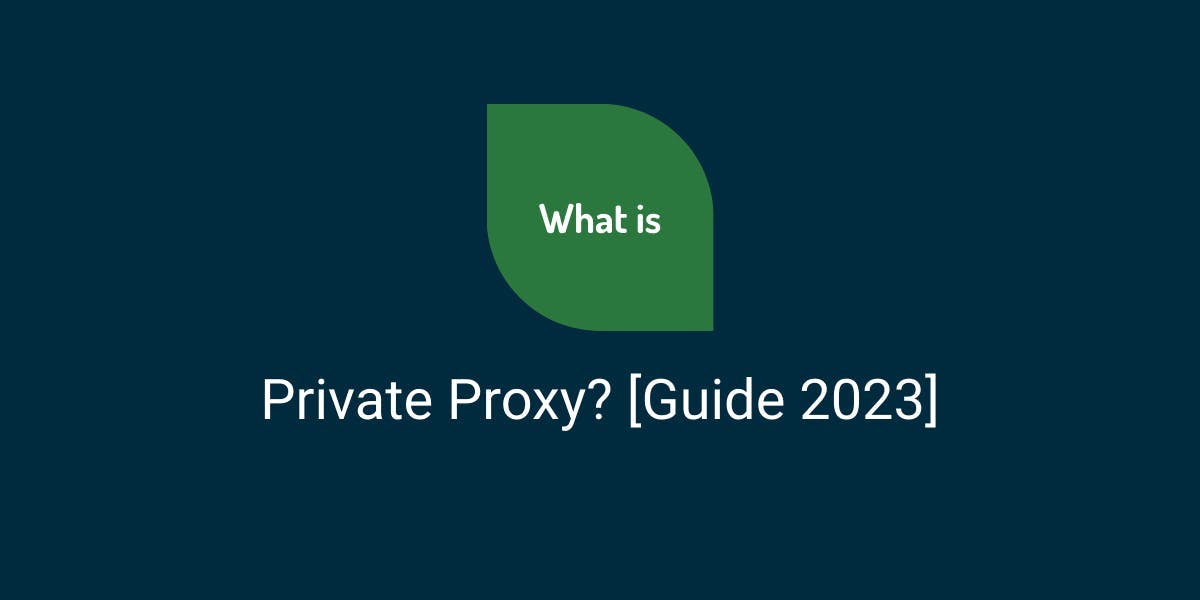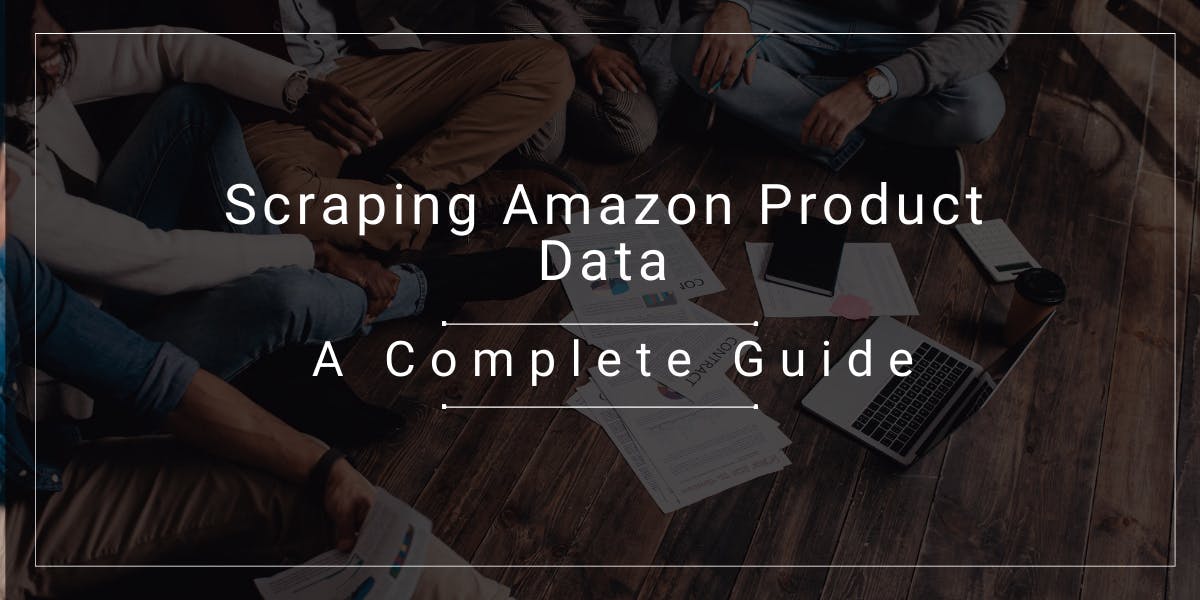Dedicated IP vs Shared IP
Flipnode on Apr 13 2023
A dedicated IP address is exclusively assigned to one user, whereas a shared IP address is used by multiple users at the same time. If you want to maintain anonymity and conceal your actual IP address while browsing the internet, proxies are an effective solution.
However, when selecting a proxy, you may have to decide between using a dedicated (also known as private) or shared proxy. Typically, dedicated proxies are preferred over shared proxies, and in this article, we will explore why this is the case.
Before delving into the reasons, let's first take a moment to examine the definitions of these two types of proxies.
Shared IP address vs. dedicated: main differences
To put it simply, the main contrast between dedicated and shared IP (Internet Protocol) addresses is that the former is assigned exclusively to one user, while the latter can be utilized by multiple users concurrently.
In case you're interested in concealing your online identity, utilizing proxies can be an effective way to remain anonymous and mask your genuine IP address. However, when it comes to selecting a proxy solution, you'll typically face the choice between dedicated (or private) and shared proxies.
Before we delve into that, let's first take a moment to examine the definitions of these two proxy types:
- So, what is a shared IP address? It is an IP address that is used by several users at the same time.
- And what is a dedicated IP address? It is an IP address that is not shared with anyone else and is assigned to only one user. Dedicated proxies are also known as private proxies.
Direct comparison of shared and dedicated IP addresses
Let's compare shared and dedicated IP addresses based on several criteria.
Risk of blocks: The chance of getting blocked is significantly smaller with a dedicated IP address than with a shared one when web scraping.
Control: Having ownership of your IP addresses reduces the risk of getting blocked. With a dedicated IP address, you are in charge of what websites are being scraped with that specific IP, for how long, and in what manner. No one else is using that IP address at the moment.
Speed: Dedicated proxies are usually faster than shared ones because you don't have to share the performance with anyone else. However, shared IP addresses can be as fast as dedicated ones depending on what other users connected to the same server are doing. If you choose shared IP addresses and require high performance, make sure to choose a premium service with a large IP pool.
Security: Dedicated proxies are not shared with anyone else, are usually secured by protocols such as HTTP, HTTPS, or SOCKS5, and can be purchased from reliable IP address providers to ensure personal information is encrypted. Little chance of bandwidth overload.
Pricing: Dedicated proxies are more expensive than shared ones because the user has to cover the full cost of maintaining the dedicated proxies' servers.
Target website type: Shared proxies are ideal for scraping niche websites that are less likely to use anti-bot measures. Another scenario when shared proxies are recommended is when your target website doesn't seem to resist being scraped and are less likely to be using heavy anti-bot measures.
Final note: Shared and dedicated IP addresses belong in the dedicated IP address category. The main factors - speed, security, etc. - help to evaluate the entire proxy and IP address market, especially when it comes to free ones with no proper IP reputation guarantees or ownership.
Conclusion
While dedicated IP addresses may seem like the preferable option in most situations, it ultimately depends on your specific requirements. If you prioritize cost-efficiency, shared IP addresses may be the better choice for you.
If you're uncertain about whether dedicated proxies are suitable for you or your company, feel free to reach out to us, and we'll assist you in making an informed decision.



